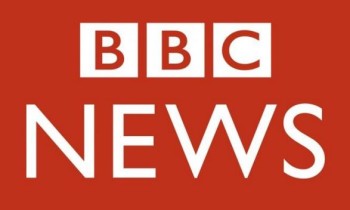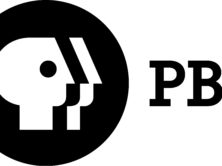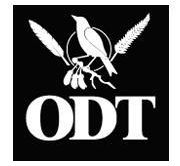
(Credit: BBC/Facebook)
The BBC updated its editorial guidelines this month, including its social media guidelines. Now the guidelines state that staff have a “lower” chance of breaking guidelines if they share opinions on any area they don’t cover.
The new guidelines are on the BBC’s website.
According to the Press Gazette, the social media guidelines maintain that it is not enough to include a disclaimer like “my views not the BBC’s.” The guidelines haven’t been updated since 2010.
A spokesperson for the BBC told iMediaEthics by e-mail, “The BBC usually revises its Guidelines every four or five years. They were previously commissioned and signed off by the BBC Trust. But had they been revised to the usual timetable of 5 years the resultant edition would have lasted a very short time as the regulatory system changed in 2017 under the new Charter and they would have required a further update to reflect this. Under the new Charter the BBC Board is responsible for the Editorial Guidelines and this is the first revision of the Guidelines under this new governance system.”
“The risk is greater where the public expressions of opinion overlap with the area of the individual’s work,” the new standards read. “The risk is lower where an individual is expressing views publicly on an unrelated area, for example, a sports or science presenter expressing views on politics or the arts.”
Earlier this year, the BBC issued a warning to staff against posting personal views and political opinions on social media, as iMediaEthics reported. Then in May, the BBC “reprimanded” cricket host Jonathan Agnew for sending profane messages to another journalist privately on Twitter.





